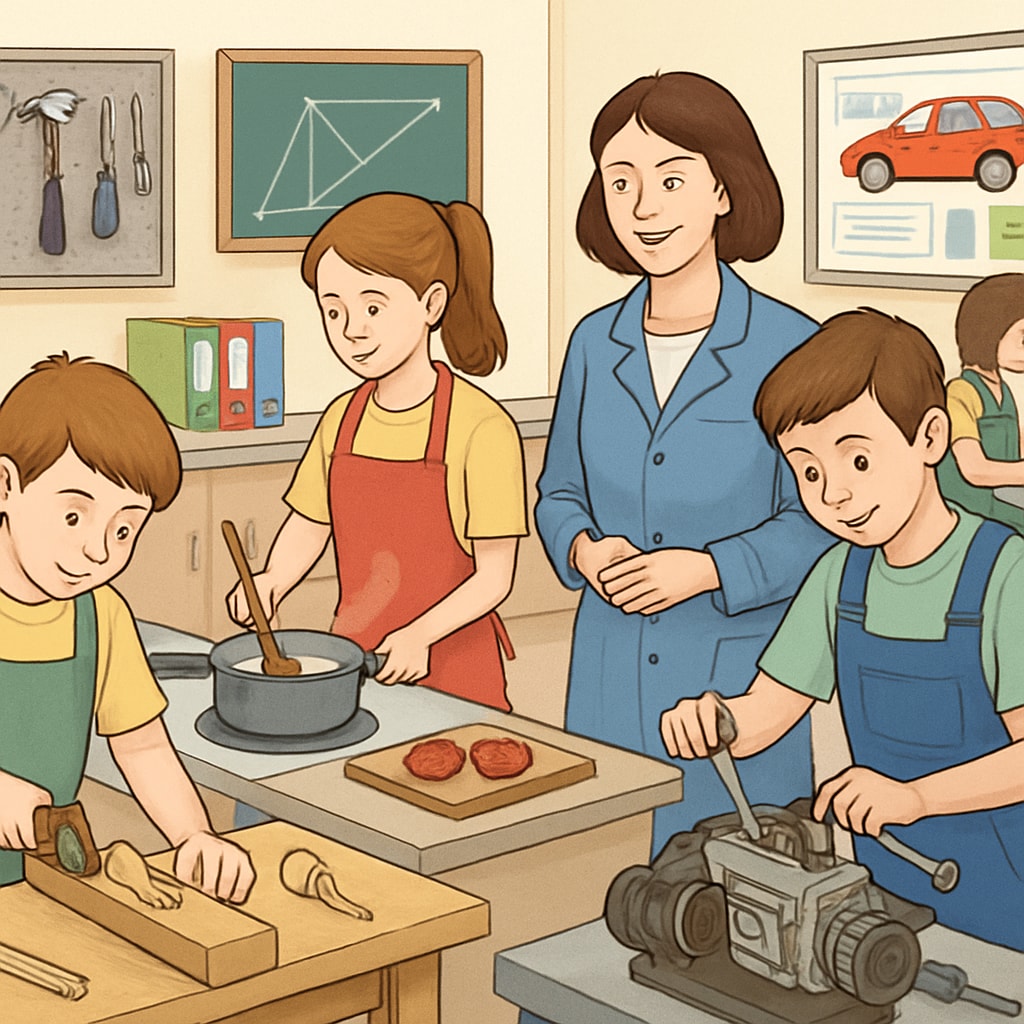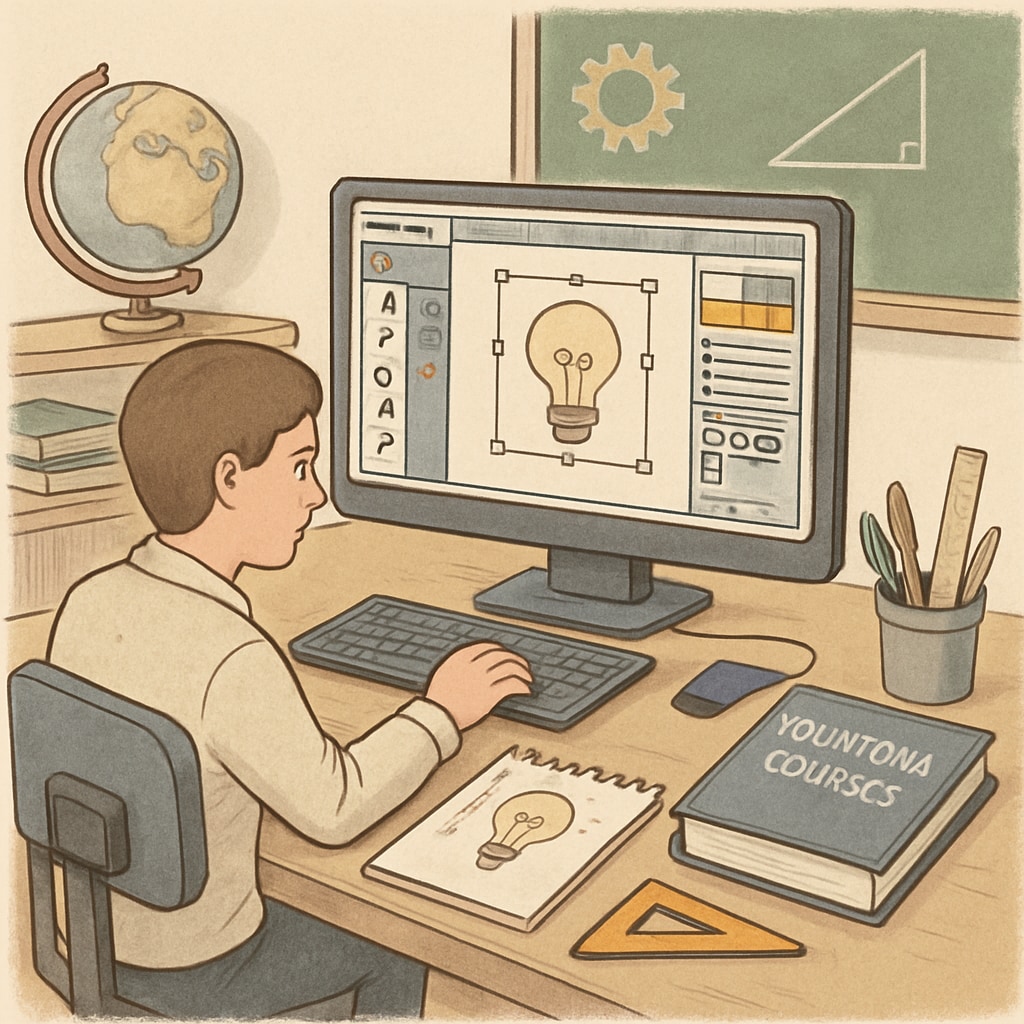GCSE results often mark a critical juncture in students’ academic and career journeys. For many, underwhelming results can trigger significant academic concerns and fears about future career prospects. While these exams provide an important benchmark, it’s vital to understand their limitations and explore diverse pathways to success. Alternative education routes, such as BTEC courses, offer valuable opportunities for students to thrive, demonstrating that academic success is not confined to traditional exams.
Why GCSE Results Should Not Define Your Future
GCSE results undeniably play a key role in shaping students’ educational and career paths. However, the pressure to excel in these exams can lead to undue stress and academic anxiety. For example, a student who excels in practical skills but struggles with traditional testing methods might feel they’ve failed, despite having talents better suited to vocational or hands-on learning environments.
It’s important to recognize the inherent limitations of standardized testing. Exams like GCSEs often fail to capture the full spectrum of a student’s abilities, creativity, and potential. This narrow focus can overshadow other qualities critical for success, such as adaptability, problem-solving, and interpersonal skills. As a result, students should view their results as one part of their overall development and not as the sole determinant of their future.

Exploring Alternative Pathways: The Role of BTEC Courses
For students who find GCSEs challenging, alternative options such as BTEC (Business and Technology Education Council) courses can provide a more tailored educational experience. BTECs focus on vocational and practical learning, offering coursework-based assessments rather than relying solely on exams. This format is ideal for students who thrive in hands-on environments and prefer continuous evaluation over high-stakes testing.
In addition, BTEC courses cover a wide range of industries, including healthcare, engineering, IT, and creative arts, enabling students to gain specialized knowledge and skills directly applicable to their chosen career paths. For example, a student interested in graphic design can enroll in a BTEC course that provides both technical skills and industry-specific insights, positioning them for success in the workforce.
By embracing alternative pathways like BTECs, students can redefine their academic and career trajectories, proving that success comes in many forms. This approach aligns with the broader shift towards recognizing diverse talents and promoting inclusivity in education.

Building Resilience and Expanding Career Options
One of the most important lessons students can learn from disappointing GCSE results is resilience. Rather than dwelling on perceived failures, students should focus on exploring new opportunities and building their strengths. For instance, apprenticeships, internships, and community college programs can serve as stepping stones to fulfilling careers.
Moreover, industries today increasingly value skills and experience over academic qualifications alone. Employers often prioritize candidates with practical expertise, problem-solving capabilities, and a willingness to learn. This trend underscores the importance of developing a well-rounded profile rather than fixating solely on exam performance.
Students and parents alike should adopt a growth mindset, viewing GCSE results as a starting point rather than an endpoint. With the right resources and guidance, students can navigate their way to success, whether through traditional routes or alternative pathways.
Conclusion: Redefining Success Beyond Exams
While GCSE results carry weight, they should not be seen as the definitive measure of a student’s potential or future success. By exploring alternative options such as BTEC courses and focusing on broader skill development, students can find paths that align with their strengths and aspirations. Education is a journey, not a single test, and success comes in many forms.
For students facing academic concerns or uncertainty about career planning, the key is to remain open-minded and proactive. With resilience, support, and a willingness to embrace alternative opportunities, students can overcome challenges and create fulfilling futures that go beyond the confines of their GCSE results.
Readability guidance: This article uses concise paragraphs, actionable insights, and lists where applicable. Transitions like “however,” “for example,” and “as a result” ensure smooth readability. Images emphasize practical learning and career-oriented education.


